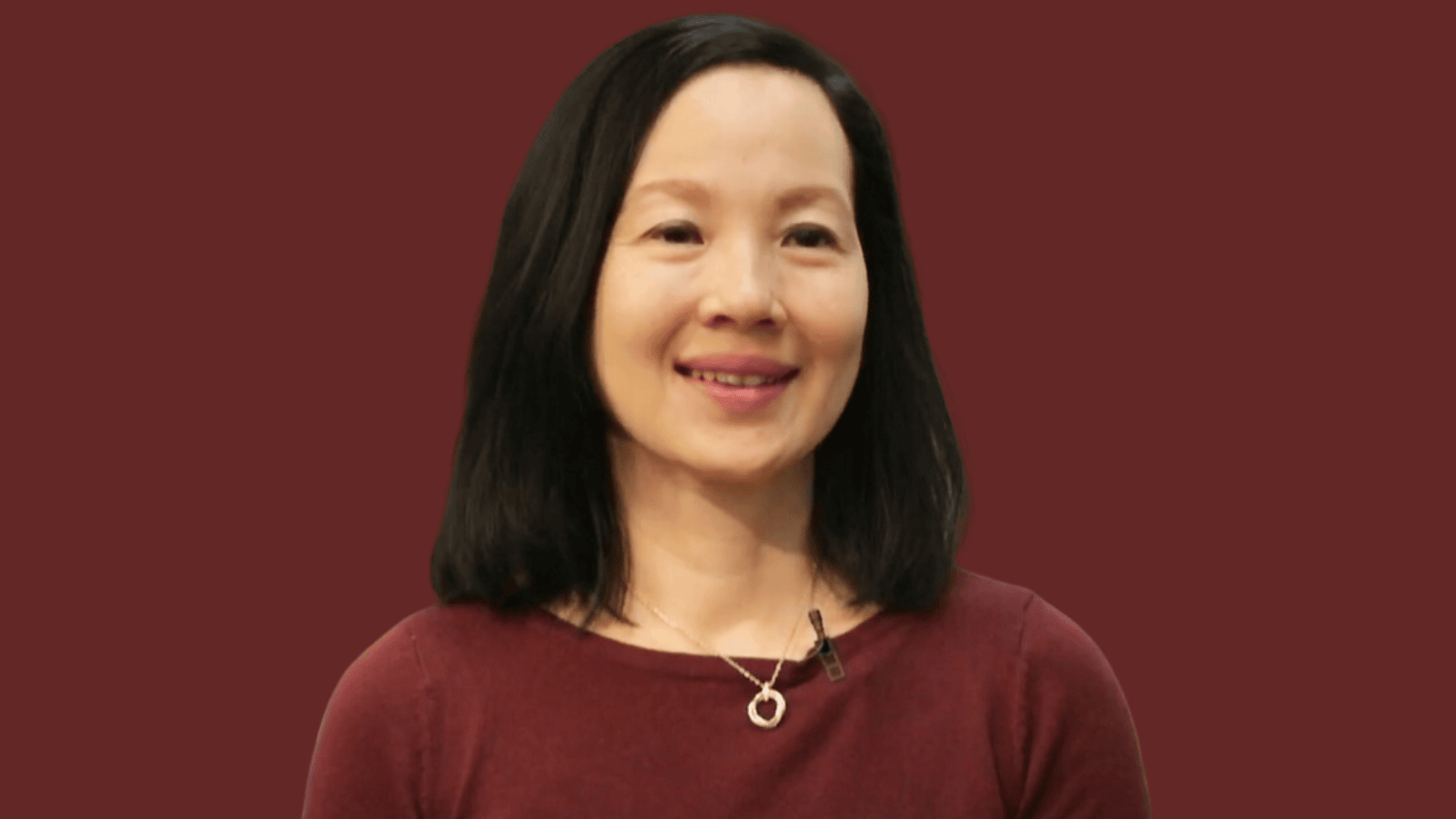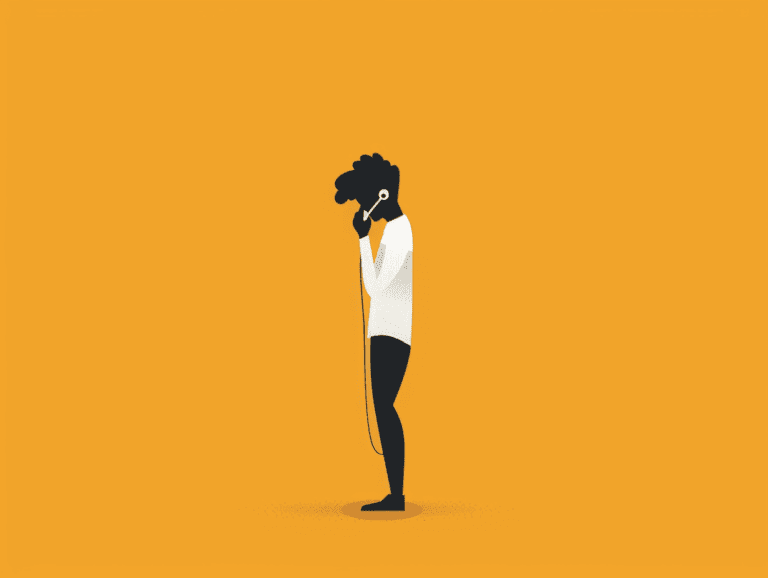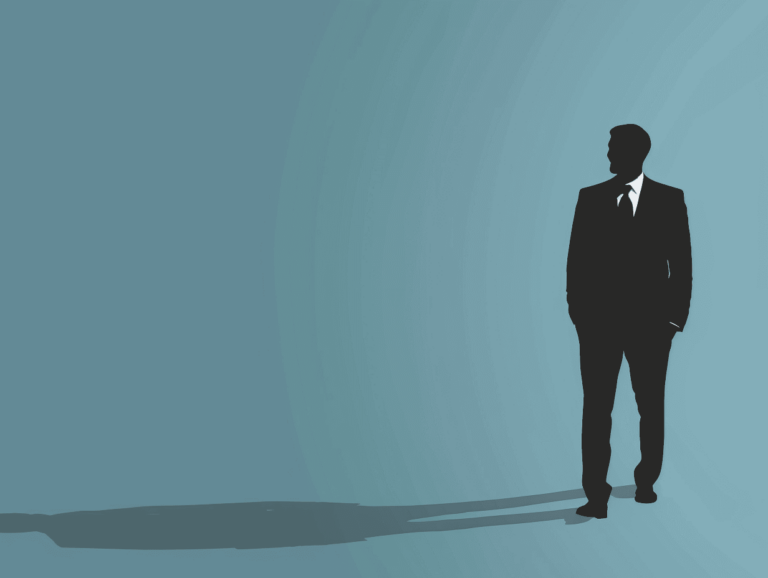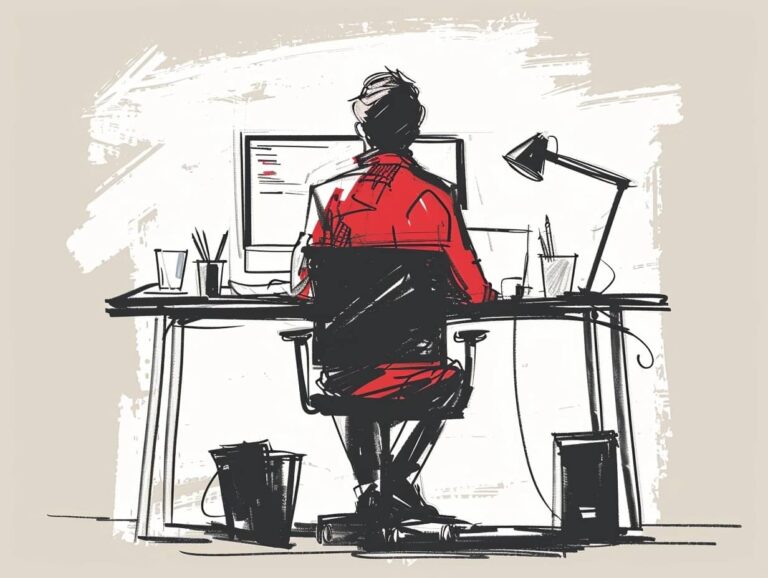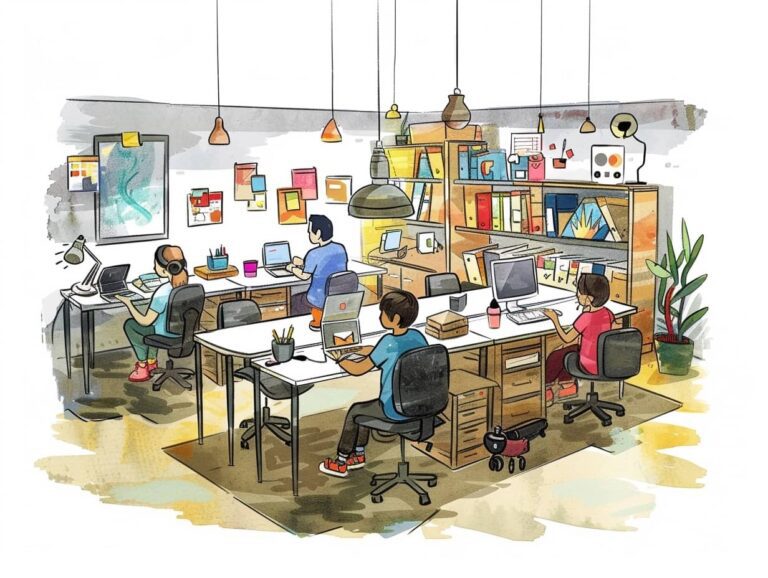How to Become a Better Leader Through Mindfulness with Diana Han
Navigating the 21st century workplace can look like battling with a bottomless inbox, unscheduled Slack messages, and constant refills on the all-you-can-eat workplate.
So how do we bring our whole selves to work in the healthiest and most productive way possible?
In this conversation, Mindful Communications CEO Bryan Welch and Diana Han, Chief Medical Officer & VP Global Health at Unilever, discuss what Unilever has embedded into their standards of leadership in the workplace. This includes the values of being present and being mindful, and how the practice of mindfulness directly addresses the skillsets that one would need to progress in their career.
Coming Up:
- Mindfulness and Mental Health in the Workplace
- Is it Challenging to Get Employees Board with Mental Health Problems?
- Do Mental Health Work Programs Produce Results?
- What Mindfulness Training in a Company Looks Like
- Is Mindfulness Training at Work Optional?
How Mindfulness Can Make You a Better Leader and Improve Your Career
This conversation is part of Mindful’s free Leading Mindfully: Insights from Mindful Executives webinar series. Watch a recording of the conversation below.
This article shares highlights from the conversation, including a discussion on the commitment that Unilever has made to the wellbeing of their employees on a global scale.
[Excerpt from Leading Mindfully: Insights from Executives webinar with Bryan Welch, CEO of Mindful, and Diana Han, Chief Medical Officer & VP Global Health at Unilever]
Mindfulness and Mental Health In the Workplace
Bryan Welch:
What about mindfulness? Since that’s always one of our favorite subjects here, are there mindfulness programs within Unilever? You’re a meditator, aren’t you?
Diana Han:
I am. So both individually and at an organization level, mindfulness, emotional wellbeing has just been something we focused on for years and years and years.
Well before the pandemic, mental health has been very important. I mean, we certainly saw what the global public health data showed. We certainly heard from our employees because we do a lot of sense checking with our employees.
We’re in touch with our employees on a monthly basis. So incredibly regular insights. And we knew that emotional wellbeing is incredibly important.
And so, we’ve launched a number of different initiatives, mindfulness being one of them. We’re training our employees and actually putting them through a curriculum, so that they develop skills.
And then it’s going to become the trainer model. We’ve trained close to 4,000 mental health champions, just in the past year alone. So that our employees are never more than one touch away from a peer when it comes to support.
Obviously, there’s global EAP, but there’s nothing more impactful than potentially being able to reach out to a colleague who understands your environment and the stresses that you’re under from a professional standpoint, but also from a human standpoint as well.
And then, we’ve also launched tools for teams, knowing that a lot of health and wellbeing is very interdependent in what’s going on with a team.
Certainly, we are interacting with our teams as much as our families, Monday through Friday, and in some parts of the world, other days of the week as well. And then, focusing on team energy and psychological safety.
So these are all initiatives that we have been hard at work on, and we do not believe in just running discreet campaigns and it’s a campaign of the day or a campaign of the year.
These are commitments that we have made for some years now. And each year we continue to build, and build a stronger foundation and expand the breadth of our reach to our workforce and the depth of our support as well.
Is it Challenging to Get Employees Onboard with Mental Health Programs?
Bryan:
Is it challenging to get employees around the world, from so many different cultures engaged in mindfulness activities in particular?
Diana:
I have to say, it hasn’t felt that way for our teams. We have found a real hunger for this kind of support, and it’s actually been in fact relatively easy to bring these initiatives for it.
Our leadership team is incredibly supportive of these initiatives. Recognizing the need globally to make sure that we’re equipping as many of our employees as possible with the skills to be present, mindful, especially in these incredibly difficult times we’ve all lived through as a global community these last couple of years.
And so it hasn’t been difficult. We’ve tended to get traction relatively quickly, but I honestly think that’s because we’ve been on this journey now for several years, well before the pandemic. So these are not new concepts to us or to our workforce. And we talk about it all the time.
Do Mental Health Work Programs Produce Results?
Bryan:
I mean, Unilever’s been involved in mental health activities for its employees for a number of years. Are there metrics that you follow to look for evidence that those programs are beneficial?
Diana:
Yeah, the metric probably that we can report on the most consistently comes directly through the voices of our workforce.
I mentioned that we sense and connect with our workforce really, really regularly. So literally, every month we are sense checking with the workforce. And a lot of the questions are very focused on health and wellbeing.
And we assess directly from our employees, “Do you feel that you are able to speak up when there is a challenge from a mental health, emotional wellbeing standpoint?” The tools for teams and our team energy tools are all focused on psychological safety and scoring what a baseline would be for a team at T=0 (zero). And then obviously at any T=1, a team can choose to reassess and look at itself.
We do look at the progression over time. And for the bottom 30%, those teams that get extra coaching from our wellbeing team. And so, we’ve seen the metrics improving throughout the pandemic, which we’re really happy about because these have been of course, very challenging times that we’ve all lived and operated under.
What Mindfulness Training in a Company Looks Like
Bryan:
For sure. Mindfulness training in particular, how do you deploy that? It’s probably hard to generalize across a company the size of yours with its diverse geography, but is there an example of how a company can deploy a mindfulness program for the benefit of its employees?
Diana:
Yes. So we have partnerships here too, from a training standpoint. It is actually live training with an expert. It is very experiential. So it’s not just, “Hey, watch a video or read a blog.”, even though we have plenty of that as well. There’s also content that can be consumed.
But I was referencing earlier, our mindfulness champions that we put through, these are individuals who’ve gone through pretty intensive, comprehensive training. So that they emerge from that training having been through the experience of, and there are sort of lots of exercises, of course, that those individuals go through.
And then they will then, from there, train the trainer. And that’s been a very common model of ours, Bryan. Is when we roll these initiatives forward, to try to tackle them with pretty significant depth and to equip people pretty deeply with the skills that they need.
Is Mindfulness Training at Work Optional?
Bryan:
Yeah. And I assume the mindfulness programs are optional for the employees. Is there any sort of mandatory element of it all, or is it just something that’s offered and then people show up?
Diana:
So that’s an answer that has two components. Unilever has embedded within its leadership framework standards of leadership. And within the standards of leadership are, of course, presence and mindfulness.
And so, we actually assess our workforce, particularly at the management level on the standards of leadership. And so, there’s a whole very formal process around that.
One of the things we need to do is to embed the appropriate curriculum that then maps to these particular standards of leadership, which includes a course of what we call “The Inner Game”. And so it’s in that sense, it’s very formally and organically embedded into the process.
Now, in terms of, if someone doesn’t join a mindfulness course and training, and doesn’t become a mindfulness champion, are there consequences? No. I mean, those kinds of initiatives, where we deeply train individuals are voluntary.
But the leadership skills that are necessary in order to progress a career very much includes the skill sets that mindfulness addresses, and leaders are assessed against that.
Bryan:
That’s incredible, and I had no idea. So if I’m a plant manager of a manufacturing facility in Eastern Europe somewhere, am I aware that those skills of mindfulness, that the qualities of mindfulness are virtually a performance variable for me?
Diana:
I would say so. I mean, that should be fairly well known because again, we have the standards of leadership that have been articulated very clearly, that they are not brand new by any means. They predate the pandemic as well.
And so, certainly even for me, I’m a year into my tenure at Unilever. Before I joined, during the interview process, I was made aware of our standards of leadership, which very clearly articulates the importance of that mind-body connection and attending to the mind and body as a prerequisite and an enabler, if you will, of good leadership.
And we have training, our learning and development team, they’ve done an amazing job at developing a curriculum to support and enable those skills. And when we have conversations about performance, we are very much incorporating conversations about health and wellbeing very formally.
[Excerpt from Leading Mindfully: Insights from Executives webinar with Bryan Welch, CEO of Mindful, and Diana Han, Chief Medical Officer & VP Global Health at Unilever]
Learn more about leadership in our article, Leadership Lessons from Ramses II: Egypt’s Greatest Pharaoh

